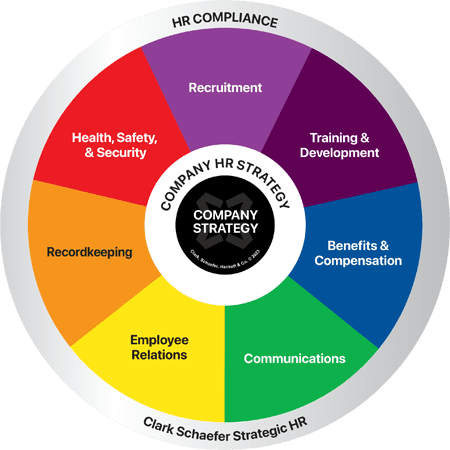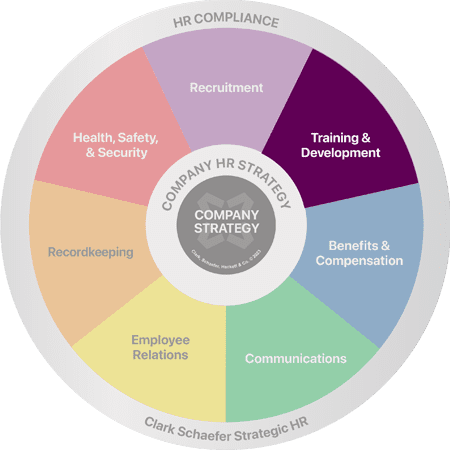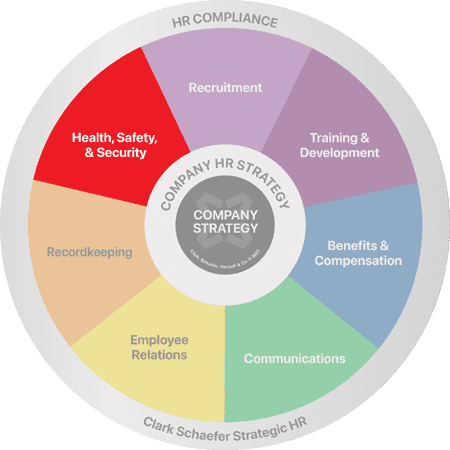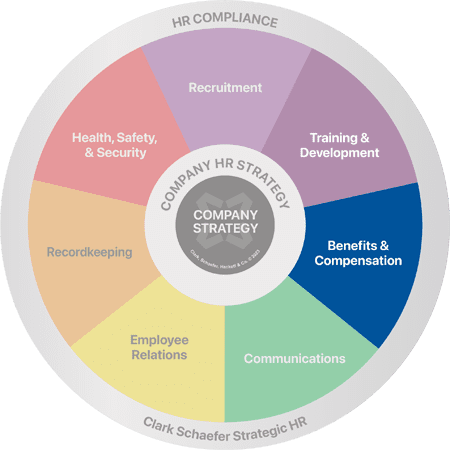Managing Frequent ADA Accommodations
Last Updated on November 2, 2022 / HR Compliance
Question:
I have an employee with a disability and I have made frequent ADA accommodations for them but lately their attendance is horrible. Frequent call-ins for one thing or another or doctors’ visits have become the norm. I can’t keep my production line running and I can’t plan for it. Does the ADA require that I just live with this? Are they exempt from my attendance policy as an accommodation?
Answer:
Although the ADA would like to require you to modify the schedule for this individual, and even in some circumstances alter the time and attendance requirement for this person as a reasonable accommodation, it is not necessary if it is causing an undue hardship. Employers DO NOT have to exempt an employee from:
- Time and attendance requirements,
- Allow them to come and go as they please, or
- Accept irregular, unreliable attendance.
If the frequent and/or unpredictable nature of such absences put a strain on your operations (can’t meet production standards in this example) and a reasonable accommodation cannot be made, it is within your right to follow the attendance policy you have set forth for all of your employees. If the poor attendance cannot be accommodated and it is causing production problems, customer issues, or costs you additional money in overtime to have someone “cover” for the missed shift, these may be examples of undue hardship for the company. In this example, the employee is not meeting an essential duty of the job, ADA accommodations would impose an undue hardship, and discipline is warranted, up to and including termination.
According to the EEOC, It is not necessary to provide a reasonable accommodation if doing so would cause an undue hardship. Undue hardship means that an accommodation would be unduly costly, extensive, substantial or disruptive, or would fundamentally alter the nature or operation of the business. Among the factors to be considered in determining whether an accommodation is an undue hardship are the cost of the accommodation, the employer’s size, financial resources, and the nature and structure of its operation. For more detailed information on ADA Accommodations, visit The U.S. Equal Employment Opportunity Commission page: The ADA: Your Responsibilities as an Employer.
Is your head spinning? Too many new Labor Laws to keep up with? Let Strategic HR assist you with navigating the workplace compliance minefield. We can help you with any of your compliance needs. Please visit our HR Compliance page for more information or feel free to call us if you have a specific question or need.









